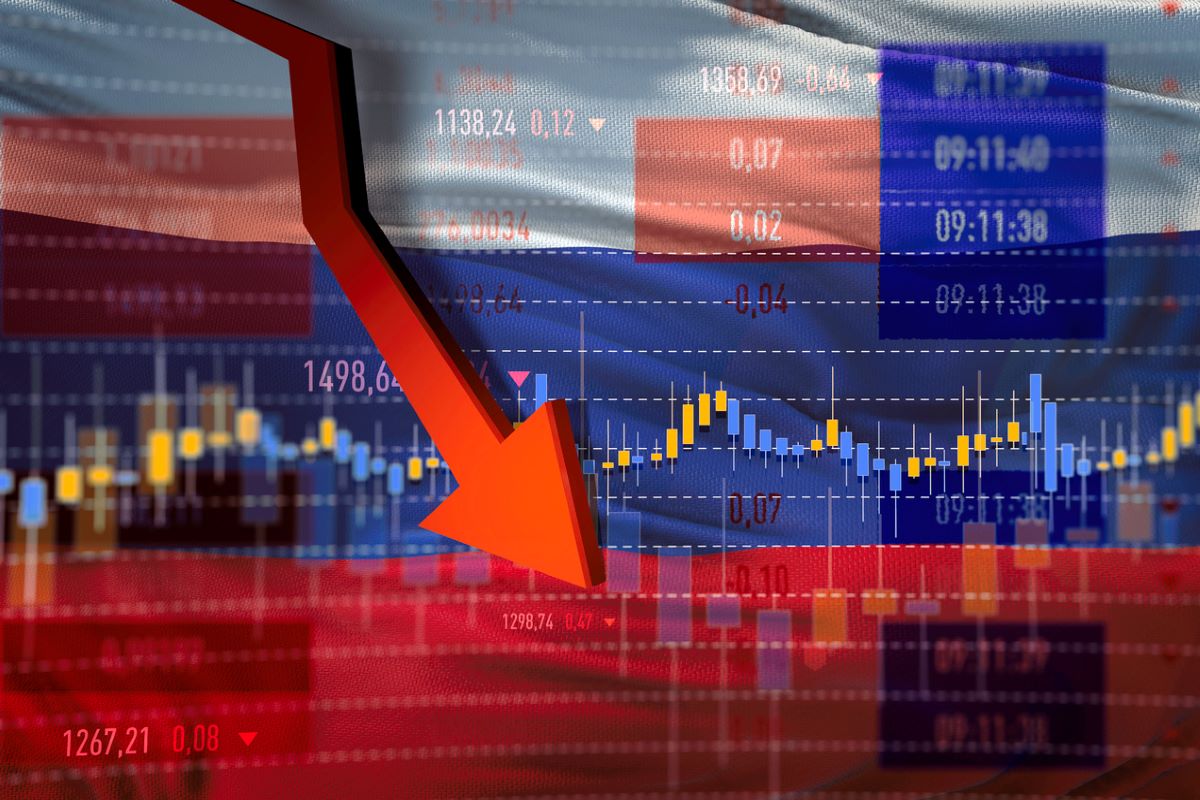The russian economy is seen as a heterogeneous and constantly evolving object being influenced by geopolitical considerations, natural resources, and changing domestic policies. Russia being one of the world’s largest economies experiences its own mix of opportunities and threats in the process of seeking for growth and stability. Assessing the present situation in Russia as well as its potential development shall be important not only for foreign investors but for those who analyze the country’s actions as a global player.
Current Economic Landscape
Oil and gas are Russia’s principal resources through which a major part of its income originates, making the economy very sensitive to fluctuations in these resources. But they clearly make the economy susceptible to the vagaries of international oil prices. In the recent past, due to political instabilities resulting in geopolitical conflicts, some of the European countries had placed restrictions on trade and foreign investment with Russia which in turn has impacted the market. This has created pressure for Russia to become more autarchic and shift many of its economic initiatives toward the domestic industries and other trading partners including China and India.
However the situation in Russia is not as bleak, it can be rated as fairly moderate given that the economic growth rate is rather low but at the same time the unemployment rate is also quite low. Nonetheless, the inflation rate has been a foremost challenge of the country, more so after the shocks associated with the disruption of universal supply chains. To spend on combating inflation the Russian Central Bank has set such monetary policies that envisage either of the options, interest rate changes aimed at counterbalancing the inflation’s impacts on Rouble or controlling impacts of inflation on price level.
Key Sectors of Growth and Development
Energy is still the most dominant sector in Russia since its export contribution is nearly half of the country’s total export. Moreover, Russia has been trying to produce changes by developing other forms of economic activities including agriculture, manufacturing and technology among others. Agriculture has expanded notably because of the rising investment and governmental attention, so Russia has become one of the key wheat suppliers to the world market.
The technology sector, while still small in comparison to Western economies, has shown potential for growth. The Russian government has supported innovation and digital infrastructure development to strengthen domestic technology. However, the sector faces limitations due to restrictions on access to international markets and advanced technologies, which have impacted the competitiveness of Russian tech products globally.
Economic Challenges and Policy Reforms
The Russian economy faces various primary difficulties. A significant issue is its maturing framework, which requires significant speculation to keep up with intensity. Besides, the dependence on regular assets has deferred the advancement of other financial areas. This underlying lopsidedness is additionally exacerbated by elevated degrees of state mediation in key enterprises, which a few specialists trust smothers development and cut off points private-area development.
Accordingly, the Russian government has presented a few changes focused on monetary broadening and modernization. For example, approaches zeroing in on decreasing state control in specific areas, advancing little and medium undertakings, and cultivating development are currently being executed. Moreover, foundation projects have been started to further develop transportation, energy, and advanced availability the nation over.
Future Economic Prospects
Looking forward, Russia’s monetary future relies upon the two its capacity to adjust to worldwide financial moves and its outcome in encouraging homegrown development. The nation’s turn towards Asian business sectors, especially China, could give new chances to exchange and venture. Be that as it may, much will rely on how successfully Russia can explore its relationship with Western nations and address inward difficulties like defilement and organization.
On the off chance that Russia can accomplish more noteworthy monetary broadening and diminish its reliance on normal assets, it might fabricate a stronger economy. Nonetheless, proceeding with authorizations and restricted admittance to Western business sectors could house long haul development possibilities. Interests in innovation, framework, and training are fundamental for Russia to keep an upper hand on the worldwide stage
Conclusion
The Russian economy is at an intersection, confronting both huge difficulties and promising open doors. Its weighty dependence on regular assets has given an establishment yet in addition presents weaknesses. With the right strategies, Russia could cultivate a more differentiated economy equipped for enduring worldwide vulnerabilities. As the nation graphs its financial future, financial backers and experts will observe and perceive how the Russian economy develops in the years to come.



